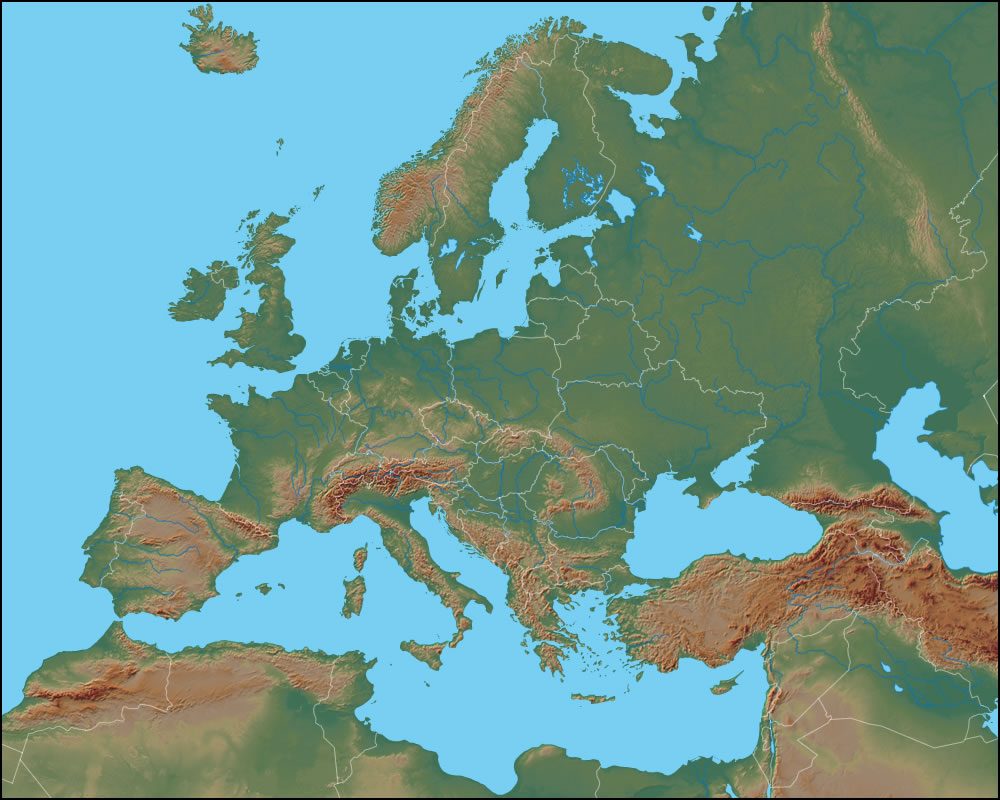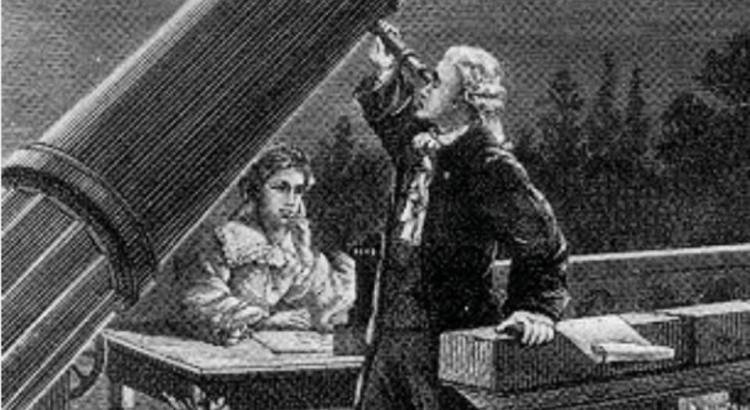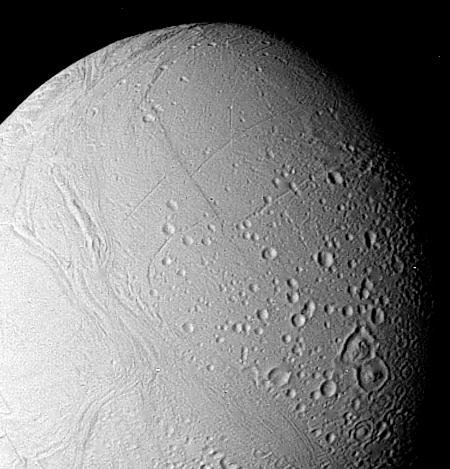
We've had several astrobiologist hosting @People_Of_Space already, for instance the wonderful @cosmobiologist, but unless I'm mistaken, most were US-based. Can you pursue an #astrobiology career elsewhere?
Well of course :)! I have a few Europe-based suggestions.
Well of course :)! I have a few Europe-based suggestions.

First of all, like elsewhere, specialized programs are few and the most usual career path is to study biology, chemistry, astronomy or another related field and pursue interdisciplinary, astrobiological subjects - factors of habitability, life detection... 

However, it's always nice to know astrobiological programs, labs and networks! For students and early career professionals, @abgradeurope offers wonderful opportunities in networking, forums (now online) and info on astrobiology in Europe. Including this online spring school! ⬇️ 

There's the European Astrobiology Network Association (EANA), which initiated @abgradeurope.
eana-net.eu
In September, there's a free virtual EANA conference: eana2021.wixsite.com/website
eana-net.eu
In September, there's a free virtual EANA conference: eana2021.wixsite.com/website
The European Astrobiology Institute @EAIastrobiology was founded in 2019 and organizes online seminars, outreach events, conferences and summer schools - next year hopefully in person! BEACON 2022 is coming to La Palma in April.
europeanastrobiology.eu/BEACON2020/
europeanastrobiology.eu/BEACON2020/
Europlanet @europlanetmedia offers many research and networking opportunities. It facilitated e.g. important extremophile research in Dallol. It organizes the European Planetary Science Congress each year (last and this year virtual).
epsc2021.eu
epsc2021.eu
Europlanet also initiated @epec_epn, which is especially helpful for young scientists and students! If in need of career advice or mentorship, it's a very good place to start!
europlanet-society.org/early-careers-…
europlanet-society.org/early-careers-…
If looking for astrobiology-centered conferences, training, research and education, there's also the European Astrobiology Campus!
astrobiology-campus.eu
astrobiology-campus.eu
Finally, there *are* multiple specialized astrobiology programs in Europe. @Astrobiology_OU is a growing group that currently has PhD vacancies, so check out the website:
open.ac.uk/research-group…
open.ac.uk/research-group…
The University of Edinburgh has a dedicated astrobiology program. However, the fact that the UK is no longer a part of the EU may be prohibitive for some students, since it greatly complicated international scholarships :/.
astrobiology.ac.uk/teaching
astrobiology.ac.uk/teaching
But fear not: there's Berlin! @TUBerlin has an astrobiology research group led by @extreme_microbe.
www-astro.physik.tu-berlin.de/Astrobiology/
www-astro.physik.tu-berlin.de/Astrobiology/
In Austria, there's a new group at @jkulinz focused on extremophile research, Enceladus analogs and high-pressure experiments. @EAIastrobiology's Ruth-Sophie Taubner is one of the lab's leading scientists.
jku.at/en/institute-f…
jku.at/en/institute-f…
If you're more into astrochemistry, there are great teams in Stockholm, Prague and elsewhere. Geophysics and habitability - Nantes, Berlin, Prague and other places. I can get into more details if you want, of course, though it's not astrobiology in the strictest sense!
But astrobiology is a highly interdisciplinary field! You can contribute a lot to it doing basically pure geophysics, theoretical chemistry, philosophy or many, many other fields! The societies, groups and institutes I've mentioned may be helpful to you in choosing what to do.
• • •
Missing some Tweet in this thread? You can try to
force a refresh










